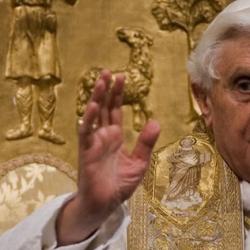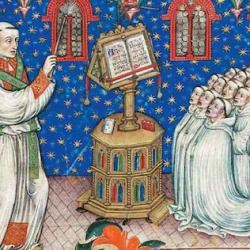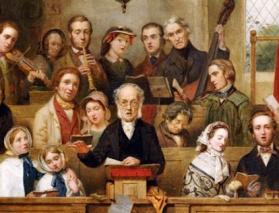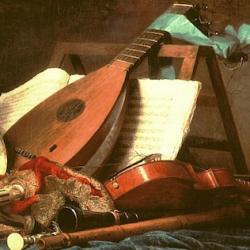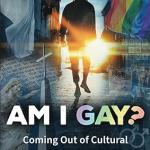The contributors to Rousseau and the Dilemmas of Modernity share a skepticism of accounts of “Rousseau the totalitarian” and “Rousseau the illiberal menace.” Positively, they share a conviction that Rousseau has great relevance to present day dilemmas.
As editor Mark Hulliung says, “When it comes to whether we can attain self-knowledge, or whether each person is one or many selves, Rousseau is our forebear. Rousseau also preceded us when he used science to question science. As for his position on feminism, it was, as one of our contributors explains, far more complex and noteworthy than contemporary feminists, who view him as the enemy, appreciate.”
Rousseau’s contemporaries didn’t appreciate him, but we can see the point of his dictum that “all men do appears natural to us because we are outside of nature.” We know that human beings “want nothing as nature made it” and that “the whole face of the earth is changed, everywhere nature has disappeared.” Rousseau rejected the “divided self” of Descartes and Adam Smith: “As early as the Discourse on Inequality, Rousseau explained that through social interaction we turn inward and gain a sense of self but then quickly lose our selves in the eyes of others. Forever struggling to prove ourselves in society, constantly living outside ourselves, absorbed in ‘seeming’ (paraître), we become untrue to our ‘being’ (être).”
One of the most intriguing essays (by Michael O’Dea) examines Rousseau’s neglected writings on music, which is interwoven with many of the major concerns of his philosophy. In place of technical discussions of harmony, Rousseau privileged melody; affect was for him the great test of music.”he operates a pure reversal of values, favoring the simple over the complex and questioning the value of technical sophistication, which has become an end in itself, no longer at the service of musical expression. This is the beginning of a linkage between emotion and transparency, and between technicity and social ills, that will be characteristic and central in his work.”
Rousseau’s treatment of music is a contribution of the querelle des anciens et des modernes. Rousseau is initially firmly on the side of the ancients. Despite modern advances in counterpoint, then asks “do we not abuse this advantage? One may well feel a doubt on hearing our modern operas. What! This chaos, this confusion of parts, this multitude of different instruments that seem to be exchanging insults, this clash of accompaniments that drown out the voice without supporting it; does all this make up the veritable beauties of Music?” In other writings, the Greeks recede as musical models and the Italians take their place as the standard by which modern French music is judged, and rejected.
Rousseau connects music with language. “Each National Music draws its main character from the language that is proper to it,” he writes, and elsewhere claims “If there is one language in Europe proper to music, it is Italian; for that language, more than any other, is soft, sonorous, harmonious and accented, and these four qualities are precisely the best suited for song.”
And it’s in his musical writings that Rousseau suggests the possibility that we might be able to overcome the decadent condition of inequality and artificiality that comes with civilization: “The Essai sur l’origine des langues always locates the warmth and tenderness of passionate language in another, inaccessible place and time: in the distant past, by the fountains where Rebecca was called to be the wife of Isaac; in the Homeric epics where writing is almost unknown and everything, in love and in war is whispered or shouted; or on another continent, where the voice of the Prophet persuades as no European sermon can; or further East again, where music and meaning are united.” Yet “Rousseau’s musical writings hold forth the promise (or celebrate the reality) of revival, renewal, reform, if not in France then elsewhere.”
Whether these entirely dispel the specter of Rousseau the illiberal is questionable. But they do explore neglected aspects of this important writers thought.






